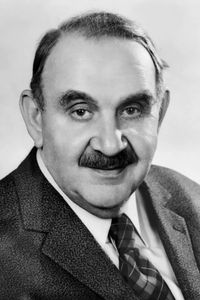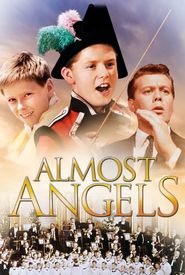Person Biography:
Fritz Eckhardt was a talented actor, author, and director who made a significant impact in the world of performing arts. Born in Austria, he began his career in the 1920s, performing on stage and screen. His early work included roles at the Wilhelma Theater in Stuttgart, where his father was director, and his screen debut in the silent film "Rosenkavalier".
As his career progressed, Eckhardt continued to work in theater, writing and directing plays, while also making a name for himself in film and television. During World War II, he anonymously wrote pieces for the "Wiener Werkel", a cabaret in Vienna, and later fled to America, where he wrote radio plays.
After the war, Eckhardt returned to Vienna and reopened the "Lieber Augustin" theater, which he co-managed with Carl Merz and Kurt Nachtmann. He also directed the "Kunsttheater" from 1946 to 1948 and wrote pieces for various cabarets in German-speaking countries.
In the 1950s, Eckhardt became a popular series actor and author, known for his roles in films such as "Hello... Hotel Sacher, Portier!" and "When the Father with the Son...". He also wrote scripts for various TV shows, including "Tatort", where he played the role of Inspector Marek.
Throughout his life, Eckhardt wrote over 30 plays and more than 200 film and television scripts. He published his autobiography, "I like to remember", in 1989, and a second book, "An actor must be able to do everything", in 1992.
Eckhardt's personal life was marked by tragedy when his wife passed away in 1993, and he struggled with health problems in his later years. He died on December 31, 1995, at the age of 86, leaving behind a legacy as a talented and prolific actor, author, and director.


















